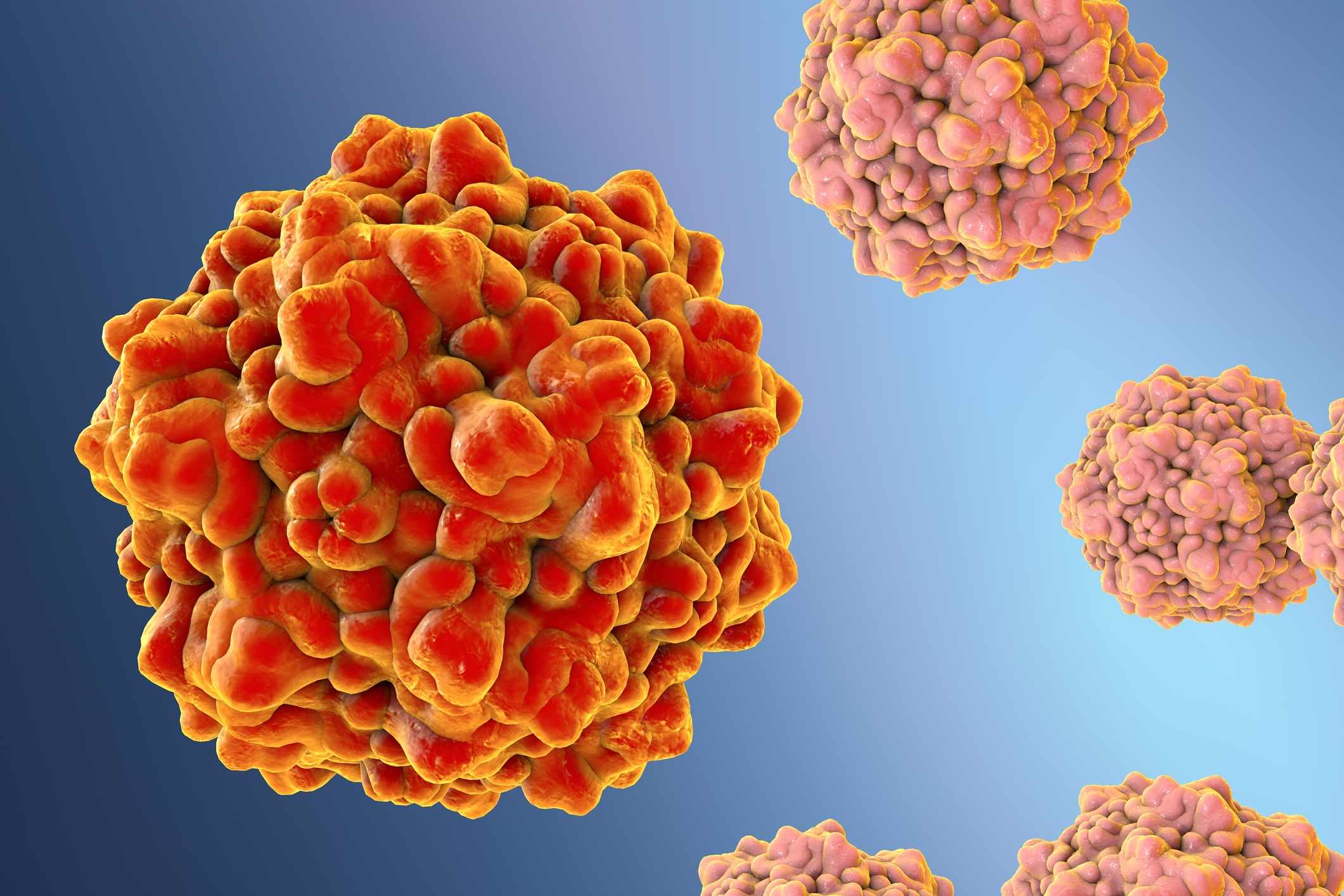CANINE PARVOVIRUS ANTIGEN
Canine Paravovirus virus (CPV) antigen has been manufactured for use in the detection of antibodies against CPV for immunoassay development or other applications.
PRODUCT DETAILS – CANINE PARVOVIRUS ANTIGEN
- Canine Paravovirus antigen, strain Cornell-780916-115.
- Native antigen purified from canine parvovirus infected CRFK cells.
- The antigen is presented in 0.05 Glycine, pH 9.
- This material has been UV and detergent inactivated (<0.1% CHAPS, <0.01% SDS).
- For ELISA development or other applications.
BACKGROUND
Canine parvovirus (also called CPV or parvo) is a contagious virus mainly affecting dogs, but which can also infect other mammals including foxes, wolves, cats, and skunks (Holmes et al., 2013). There are two types of canine parvovirus called canine minute virus (CPV1) and CPV2. CPV2 causes the most serious disease and there are variants of CPV2 called CPV-2a and CPV-2b (Shackelton et al., 2005).
CPV2 is a non-enveloped single-stranded DNA virus in the Parvoviridae family. The virus is very similar to feline panleukopenia (also a parvovirus) and they are 98% identical at the amino-acid level, differing only in two amino-acids in the viral capsid protein, VP2 (Carter & Wise, 2004). CPV2 is highly contagious and is spread from dog to dog by direct or indirect contact with their faeces or virus-contaminated fomites. Virus is shed in the feces of infected dogs within 4–5 days of exposure, throughout illness, and for approximately ten days after clinical recovery. Clinical signs of parvovirus include lethargy, loss of appetite, abdominal pain and bloating, fever or low body temperature (hypothermia), vomiting, and severe, often bloody, diarrhea. Persistent vomiting and diarrhea can cause rapid dehydration, and damage to the intestines and immune system, resulting in septic shock. Dogs infected with parvovirus usually die from the dehydration or from secondary infection, rather than the virus itself. There is no specific antiviral drug that will kill the virus in infected dogs, but vaccines are available. However, mortality can be as high as 91% in unvaccinated populations.
REFERENCES
- Carter, G.R.; Wise, D.J. (2004). Parvoviridae. A Concise Review of Veterinary Virology. IVIS.
- Holmes et al. (2013). Frequent Cross-Species Transmission of Parvoviruses among Diverse Carnivore Hosts. Journal of Virology. 87 (4): 2342–2347.
- Shackelton et al. (2005). High rate of viral evolution associated with the emergence of carnivore parvovirus. Proc. Natl. Acad. Sci. USA. 102 (2): 379–384.

